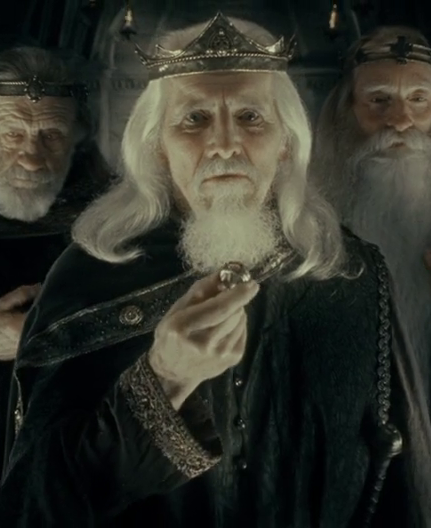All Lenten resolutions involve some form of healthy self-detachment: detachment from our preferences and “personal” time (prayer), detachment from the things that tickle our fancy and our appease our appetites (fasting), and detachment from our possessions and time for the sake of others (almsgiving). Today’s readings remind us what happens when we don’t: we forget that everything we have is a gift from a loving Father, we get caught up into a distorted sense of entitlement, and suddenly anyone who may make a move on what we consider “ours” is a threat to be eliminated. This is covetousness and envy: wanting something so much that you see another’s gain almost automatically as your loss, and would rather have it that nobody possesses that good if you can’t have it.
In today’s First Reading little Joseph received a love from his father that his brothers envy. When he falls into their hands the first thing they do is strip him of the very tunic his father bestowed on him as a sign of his affection. Even as they cast it aside and mistreat their brother they don’t think about the fact that the tunic, which represents that special relationship between Israel and his son Joseph, doesn’t “fit” them. They have also received so much from their father, but that doesn’t matter; they want what doesn’t belong to them, so they don’t want Joseph to have it either. This story is a pre-figuration of Christ’s reception when he is sent by the Father. The parable of the wicked tenants in today’s Gospel is a way of teaching the Pharisees that they had fallen into a warped sense of entitlement over something that didn’t belong to them: the People of God. So when the Son comes on behalf of the true “owner” of the People of God they’re going to reject him and kill him thinking that somehow everything will then return to normal. Our Lord today through the parable is prophesying the outcome of their covetousness and envy: everything they thought was theirs will be taken away and given to those who’ll be worthy stewards of God’s gifts.
As we make an extra effort at healthy self-detachment during Lent we feel more deeply the things to which we want to attach: people, pleasures, possessions, positions of power. Take stock of these attachments and ask Our Lord to help you see the blessings and gifts you have received in your life as exactly that, and not focus in an envious way on what he has bestowed on others.
Readings: Genesis 37:3–4, 12–13a, 17b–28a; Psalm 105:16–21; Matthew 21:33–43, 45–46. See also 9th Week in Ordinary Time, Monday.

